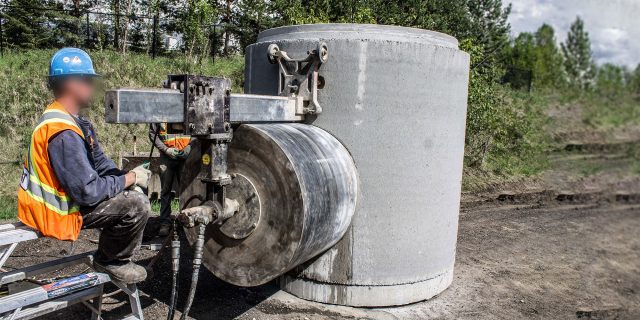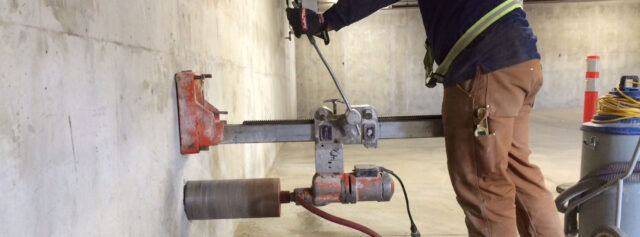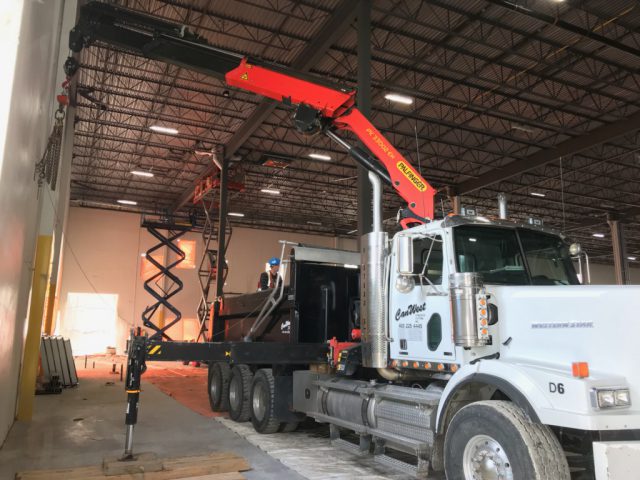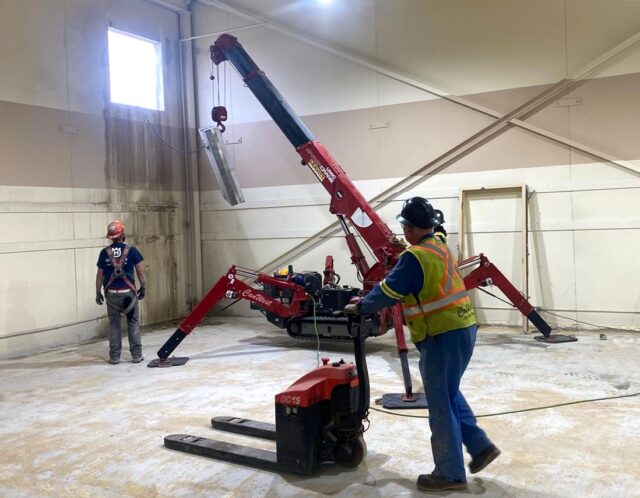Dry Core Drilling & Wet Core Drilling Advancing Technology
Dry Core Drilling
Dry core drilling excludes the use of a cooling agent while operating. This will slow down the drill and force it to operate at a lower rotation per minute while kicking up an excess amount of dust. This process is used in situations where water is not an option.
Wet Core Drilling
Wet core drilling utilizes water coolants to operate. The coolant prevents the core bit from overheating while allowing the core bit to operate at higher speeds. The coolant also helps to reduce any built-up pressure during the process decreasing the chances of unwanted fragments breaking off.

Advancing Technology in Dry Core drilling
CanWest Dry Core Drill System has a built-in vacuum that is able to pull the dust from the air while coring. This is great for areas that require clean air and where water is not allowed to be used, such as in an electrical utility room, hospital, or any enclosed space that water is not able to be used.
Should water be used while Core Drilling?
Using water is more cost effective. The water coolant allows the drill to rotate faster decreasing the time spent on coring holes. In many cases, wet coring will be preferred over dry coring. The use of water makes for a safer work environment. During the process of coring, a lot of dust and debris is turned into the air. The use of water prevents this and helps to contain the dust. This is why wet coring continues to be one of the easier cost-effective methods for most companies.
If you are coring near electrical components or areas that could be damaged by using a coolant, it is best to check your options and consult a professional to see if dry coring is your best route.

Professional Concrete Dry Core Drilling
CanWest Concrete Cutting & Coring have several trained and certified core drill operators that are capable to helping in any project. We provide free estimates on all projects and would be happy to help guide you towards the best available option for completing your project on-time
Visit our concrete coring webpage for more information. We also have core drill rentals available through our rentals department.
For a free estimate call:



